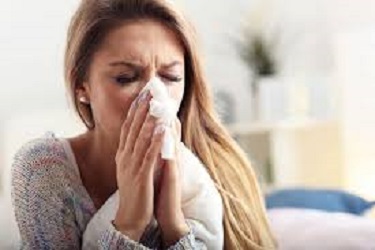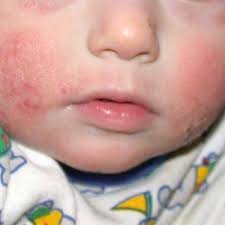
At On Call Medical Clinic we want to make you aware of types of diseases that are prevalent in Autumn. Here are some of the most prevalent fall illnesses during the autumn season:
- Influenza
The seasonal flu is consistently one of the most common fall illnesses. People spend more time together indoors, aiding the spread of the virus, and often the general population is unaware that instances of influenza really start to ramp up in autumn as they are in the cold winter months.
Health professionals should work with patients to build an understanding of the importance of the flu shot. Friendly reminders can be effective in minimizing more serious treatment down the line.
- Sore Throat
This symptom of fall allergies can follow the flu, a runny nose and/or a nasal drip. These conditions cause irritation of the throat.
- Arthritis pain
Weather changes in fall can also be rather volatile, and a drop in atmospheric pressure has been linked to greater discomfort among those living with arthritis. These changes may also cause sinus problems and migraines. - Raynaud Syndrome and heart disease
Raynaud Syndrome is one of the most common fall illnesses, with the most common symptoms associated with this disease such as poor circulation, numbness and swelling. Cooler weather can affect blood flow, and it can be difficult for the body to adapt. Individuals living with heart disease may even experience more pain or difficulty during autumn for similar reasons. - Arthritis pain
Weather changes in fall can also be rather volatile, and a drop in atmospheric pressure has been linked to greater discomfort among those living with arthritis. These changes may also cause sinus problems and migraines. - Sinusitis
Sinusitis is more common in fall weather, and the pain associated with sinus headaches worsens from cold and damp weather,
- Phenomenon
Cooler temperatures and emotional stress can lead to blood vessels constricting in your fingers and toes. This phenomenon causes numbness and pain in the extremities.
Regardless of what condition may occur in the fall remember at On Call Medical Clinic we are here 7 days a week to diagnosis and treat your minor illness condition. Please visit our website at https://www.oncallclinic.com/ to learn about all the medical and skin services we offer.



